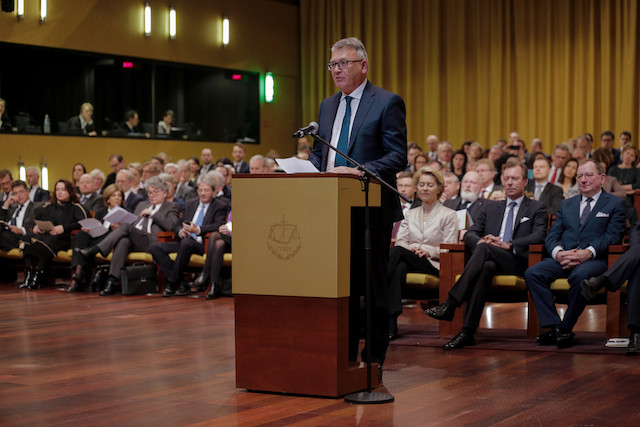Presenting the Commission's roadmap for “building a strong social Europe for just transitions”, Nicolas Schmit said the Commission was laying the groundwork for a social Europe with an ambitious programme involving initiatives on gender equality and pay parity, skills, youth, ageing and unemployment reinsurance.
Fair minimum wages for European workers was the flagship measure in the roadmap. “The working lives of millions of Europeans will change in the coming years. We need to take action to allow the future workforce to flourish. Europe's innovative and inclusive social market economy must be about people: providing them with quality jobs that pay an adequate wage,” the Commissioner said, adding: “No Member State, no region, no person can be left behind. We must continue to strive for the highest of standards in labour markets, so that all Europeans can live their lives with dignity and ambition.”
According to the Commission, the number of people in employment in the EU is at a record high, but many struggle to make ends meet.
The consultation, which enters its first phase with businesses and trade unions, aims to test the waters with social partners on whether they feel action is needed and, if so, whether they wish to negotiate it among themselves.
“There will not be a one-size-fits-all minimum wage. Any potential proposal will reflect national traditions, whether collective agreements or legal provisions,” the Commission said in a statement issued on Tuesday. “The Commission wishes to ensure all systems are adequate, have sufficient coverage, include thorough consultation of social partners, and have an appropriate update mechanism in place.”
The Commission statement further added that reflections on climate change and environmental destruction required an adaptation of the economy, industry, consumption habits, travel and ways of working. Changes in demography and technology will affect all Europeans. “It makes sense to face them together and address change upfront.”
